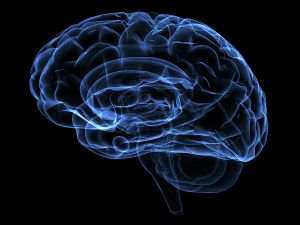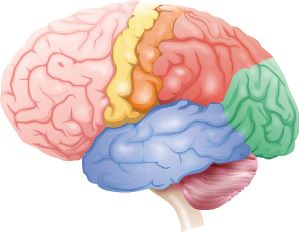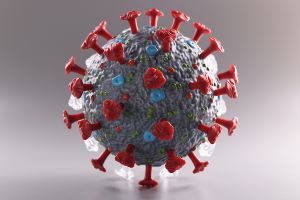March 19, 2024
by Patricia Tomasi

A new study published in Cell and Tissue Research looked at the identification of vagal afferent nerve endings in the mouse colon and their spatial relationship with enterochromaffin cells. “The purpose of this study was to identify for the first time, the sensory nerve endings of the vagus nerve in the inner lining (called the mucosa) of the colon,” study author Nick Spencer told us.
[More]
February 29, 2024
by Elizabeth Pratt

You’ve been invited to a party that you’re dreading. But you feel rude declining the invitation.
But there’s good news: research published in the Journal of Personality and Social Psychology suggests that people often overestimate the social consequences of saying no.
[More]
February 27, 2024
by Patricia Tomasi

A new study published in Cities and Health looked at associations between real-time, self-reported adolescent mental health and urban and architectural design concepts. “First, we designed a walking route (1.7km) with seven stops, and quantified the actual spaces according to a number of features of pedestrian and transit oriented design,” study author Leia Minaker told us. “Next, we took 70 kids between nine and 17 years old on a walk, and had them fill out these surveys at each stop.”
[More]
February 6, 2024
by Patricia Tomasi

A new study published in PLOS ONE looked at personal resources to mitigate the dark side of digital working. “The study focused on the personal resources of mindfulness and digital confidence and ways in which these resources can help to reduce negative well-being impacts from working digitally,” study author Elizabeth Marash told us. “We aimed to understand how experiences such as technology-related stress, anxiety and overload might manifest in higher burnout and poorer health.”
[More]
January 9, 2024
by Patricia Tomasi

A new study published in the Journal of Translational Psychiatry looked at the spatiotemporal expression patterns of anxiety disorder-associated genes. “There are a substantial number of neuroimaging and microstimulation studies that identify neural circuits linked to anxiety as a trait or specific anxious behaviors such as pessimistic decision-making,” study author Kalyani B. Karunakaran told us.
[More]
December 22, 2023
by Elizabeth Pratt

Parents are feeling the pressure this holiday season.
Data from the C.S. Mott Children’s Hospital National Poll on Children’s Health at University of Michigan Health found one in five parents think their children have unrealistic expectations of the holiday, and one in four parents admit they themselves set overly idealistic expectations for the holidays.
[More]
October 17, 2023
by Patricia Tomasi

A new study published in the Journal of Emotion looked at whether daily worries about the coronavirus are linked to negative effects experienced during mind-wandering and dreaming. "We investigated whether and how worry about COVID-19 is associated with the emotional quality of daydreaming and nighttime dreaming,” study author Pilleriin Sikka told us. “Many studies have reported increased negativity of dreams and increased number of nightmares during the COVID-19 pandemic. However, most of these studies have used questionnaires and asked about whether people think that their dreams are different during the pandemic as compared to the pre-or post-pandemic periods.”
[More]
September 12, 2023
by Patricia Tomasi

A new study published in the Journal of Child Development looked at infection detection in faces and children's development of pathogen avoidance. “We were interested in understanding whether children ages four to nine years old can avoid and recognize sick faces,” study author Tiffany S. Leung told us. “Previous studies have reported that adults can use faces to recognize when someone is sick and make judgements about whether to approach or avoid them."
[More]
August 8, 2023
by Patricia Tomasi

A new study published in the Lancet looked at the effects of COVID-19 on cognitive performance in a community-based cohort. “Many people report ongoing symptoms after COVID-19, including brain fog and problems with concentration, memory and attention,” study author Dr. Rose Penfold told us. “Previous research has shown that some of these people perform worse on cognitive testing. However, most of this research has been done in hospitalized patients who had more severe infection.”
[More]
May 30, 2023
by Patricia Tomasi

A new study looked at peer health navigation experiences before and after prison release amount people with opioid use disorder. “Our study looked at the experiences of participants in a specific peer navigation program that paired people with opioid use disorder exiting incarceration with peer navigators and other supports,” study author Michael Enich told us. “We were hoping to capture, in their own words, program participants’ feelings working with peers who have also experienced incarceration and/or substance use or mental health challenges. We also wanted to see what aspects of the program these participants found to be most helpful—or aspects of the program they would change if they could.”
[More]